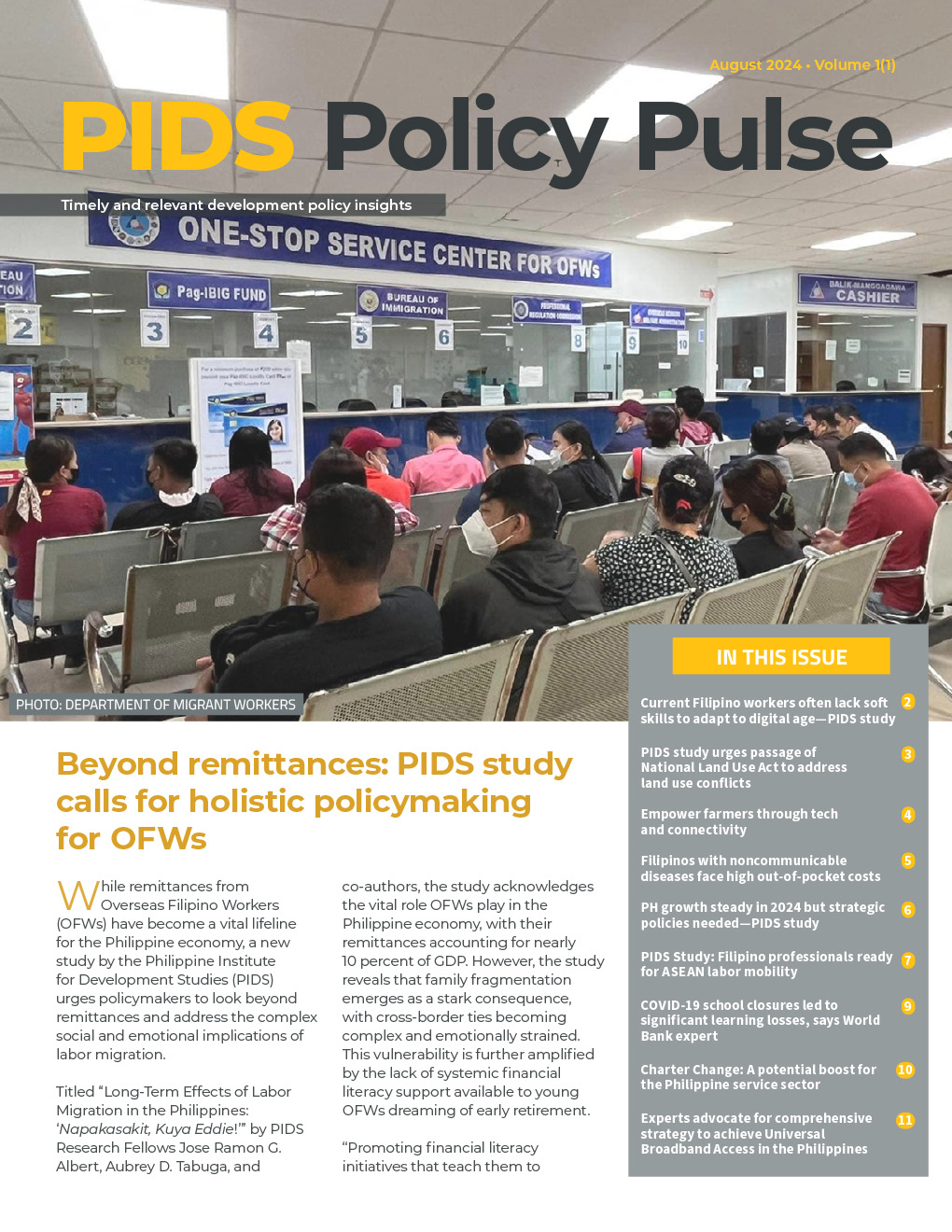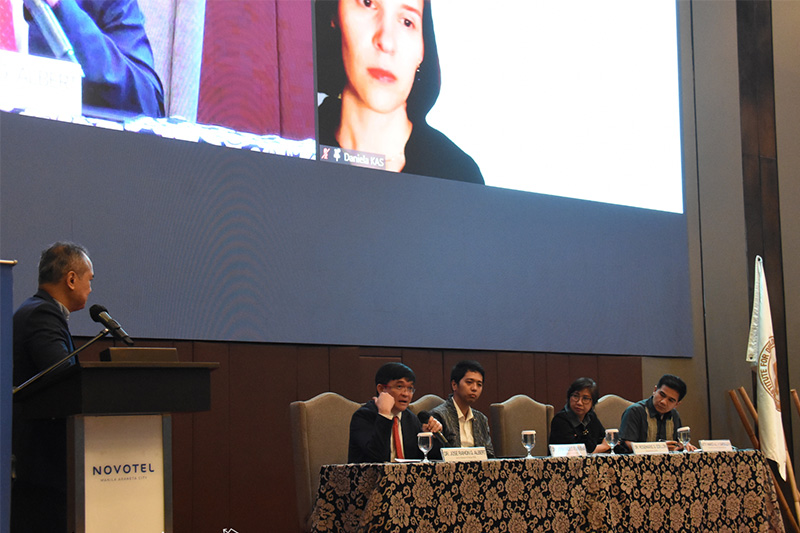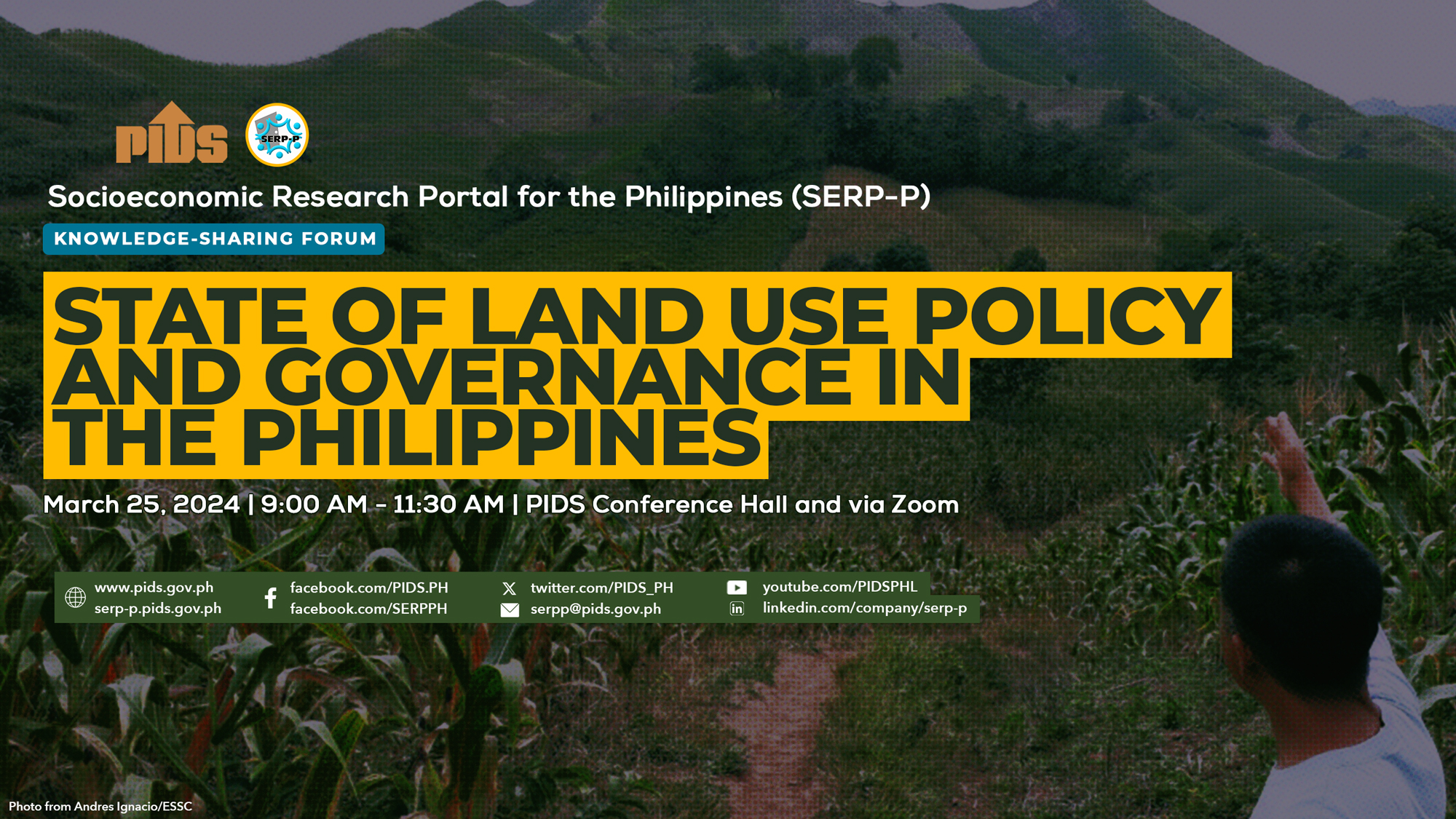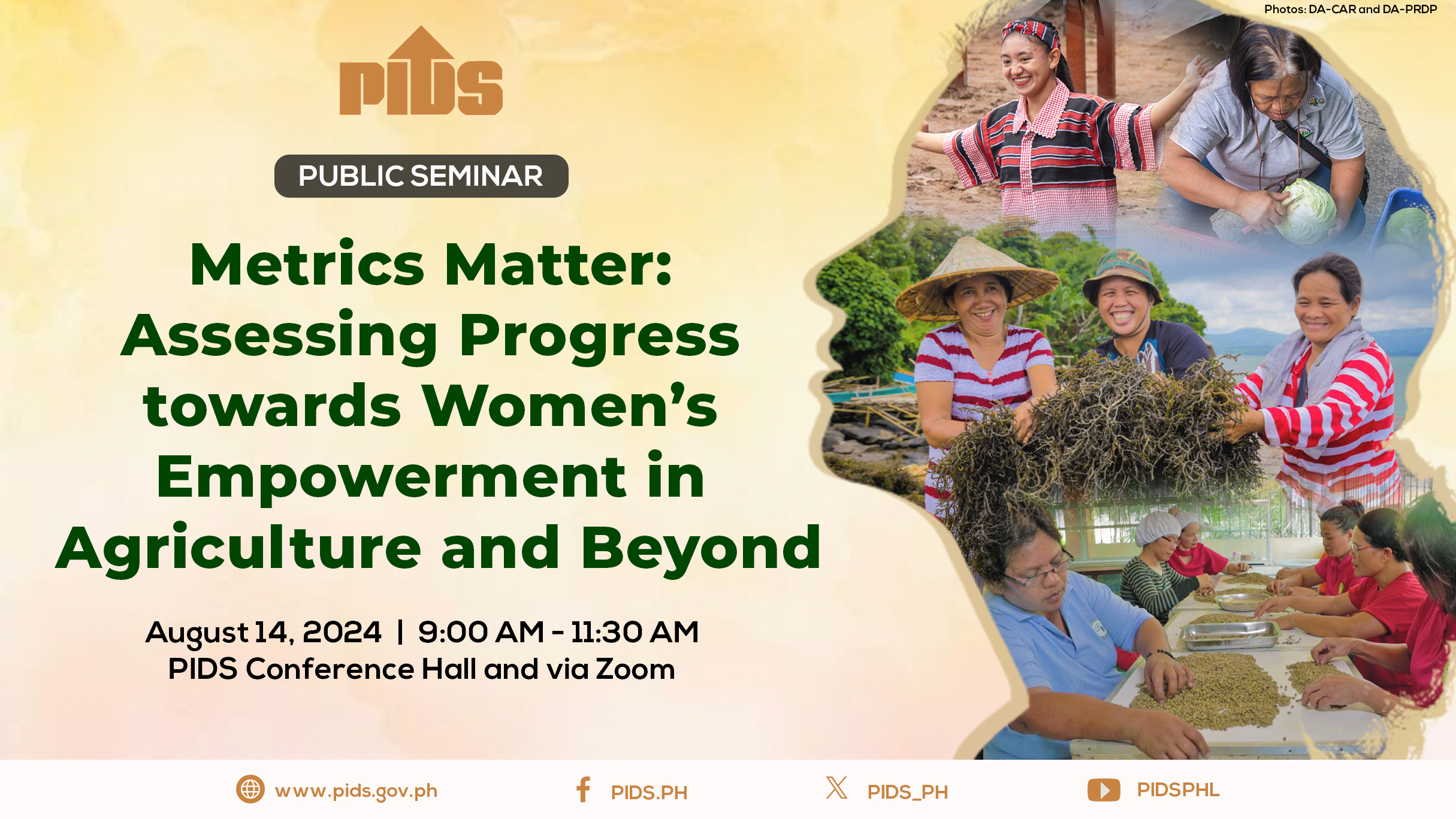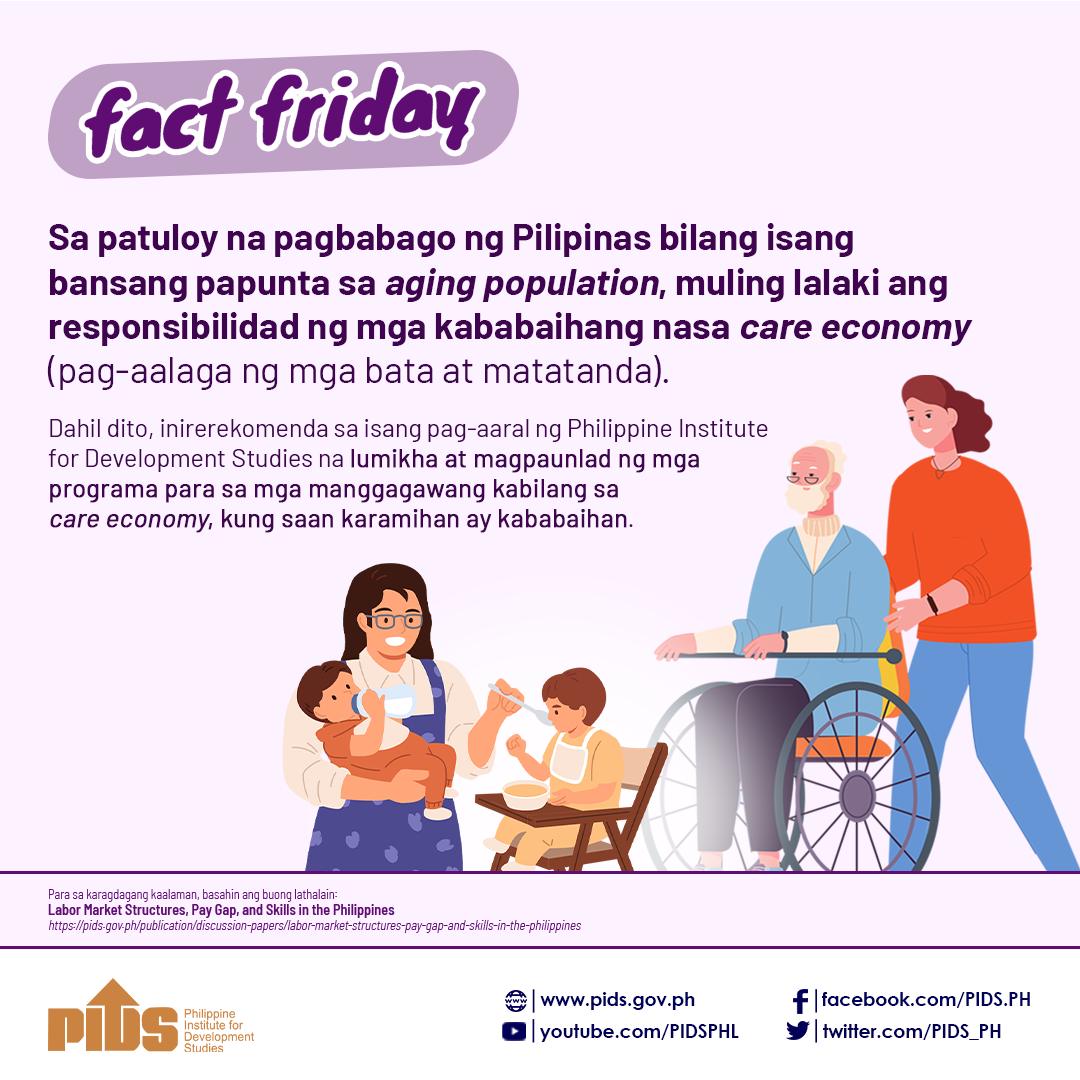State think tank Philippine Institute for Development Studies (PIDS) underscored the need for the government and the private sector to empower women and woman-entrepreneurs in the country.
PIDS consultant Lucita Lazo, in a policy note released in time for the observance of Women’s Month this month, stressed that the economic contributions of Filipino women are not being harnessed to the fullest because of cultural and economic setbacks.
"The rate of women who leave the country seeking better jobs for their family offsets the notion that the Philippines is a progressively equal opportunities country. Women often take on the lowest paying jobs with the lowest security, not just in terms of employment continuity but also in terms of health and well-being,” she said.
Lazo’s observation summarizes two policy notes on woman-entrepreneurs as outputs of the Asia Pacific Economic Conference 2015 Research Project commissioned by the Department of Foreign Affairs, which explored the different obstacles woman-entrepreneurs face in the Philippines.
The policy notes outline challenges and opportunities for policy-makers to boost woman- entrepreneurs especially against the backdrop of the Asean integration and freer trade.
Lazo shared experts opinion that even as Filipino women outperform Filipino men, translating their capabilities into business leadership opportunities remains "a work in progress.”
"There are more educated Filipino women, yet men’s employment still exceeds women’s significantly. The Philippines boasts of having the highest ratio of female-to-male business leaders, yet experts believe that opportunities for women continue to be held back by oppressive conditions, and most of all, by persistent economic inequality,” she said.
In her policy note titled "Challenges in the Economic Participation of Women as Entrepreneurs,” Lazo warned that the sustainability of the positive recognition of Filipino woman-entrepreneurs is hindered by several factors.
These include access to resources, sustainability of their businesses, lack of a business discipline, preparation and readiness for changing economic outlooks, lack of woman representatives on decision-making levels, lack of access to health and socio-legal protection; and a simple lack of information for a nuanced understanding on the part of leaders and policy-makers.
She said that women are most vulnerable to cultural and economic hindrances that often force them to choose their families over their businesses.
"Their independent access to finance is restricted without their husband’s consent, as indicated by the Family Code. More women register businesses, according to the DTI [Department of Trade and Industry] citation, but more men renew licenses. Women’s decision are affected the most by health risks, economic instabilities and catastrophes, making them altogether less able to sustain their businesses,” she said.
This, she added, may also be because of the lack of organization and representation of woman-entrepreneurs in the government.
In another policy note, titled "Promoting Women’s Participation in the Apec Economies: Some Recommendations,” Lazo said: "Where agency heads perceive gender as inconsequential or unrelated to their respective agency mandates, the talk of gender will not walk far enough to reach the frontlines where it matters.”
She said that policy-makers should see the link between gender and national productivity and wealth creation. Lazo identified three goals for policy-making at the national level: empowerment, enhancing competitiveness, and ensuring sustainability and resilience.
She underscored the need to eliminate barriers to accessing resources, promote skills, protection, and other opportunities that allow women to build up the readiness, sustainability, and competitiveness of their businesses.
Lazo said that local leaders play an important role in empowering woman-entrepreneurs, as well.
"Getting woman-entrepreneurs organized is essential, not only to help them share the wisdom and knowledge of doing business with other women in their category, but also making it easier to inform each other of the opportunities and challenges affecting them,” she said.
Specifically, Lazo recommends incentivizing business registration with access to "the supply chain of government procurement programs.”
National policy-makers, she added, have to create social-safety nets, such as improving access to credit and healthcare, to encourage women to sustain their business ventures and withstand threats of instability and catastrophes.//


